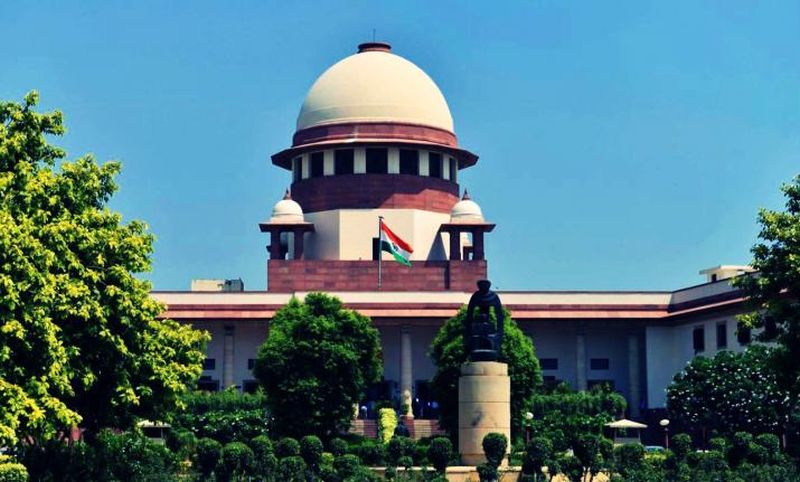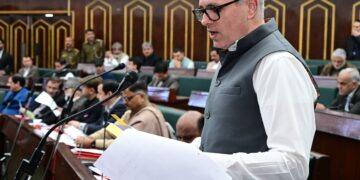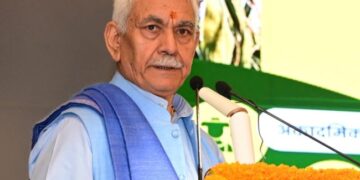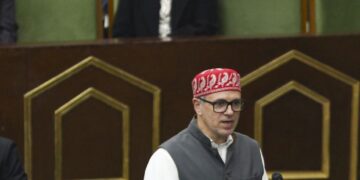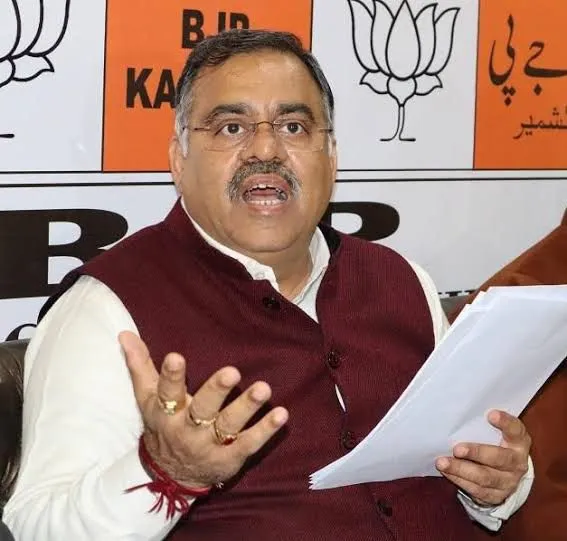New Delhi: Restrictive statutory provisions in law do not prevent courts from granting bail to an accused, the Supreme Court said on Thursday while granting bail to a man arrested under the Unlawful Activities (Prevention) Act (UAPA).
A bench of Justices J B Pardiwla and Ujjal Bhuyan said the right to life and personal liberty enshrined under Article 21 of the Constitution is “overarching and sacrosanct”.
“A constitutional court cannot be restrained from granting bail to an accused on account of restrictive statutory provisions in a penal statute if it finds that the right of the accused-undertrial under Article 21 of the Constitution has been infringed.
“In that event, such statutory restrictions would not come in the way. Even in the case of interpretation of a penal statute, howsoever stringent it may be, a constitutional court has to lean in favour of constitutionalism and the rule of law of which liberty is an intrinsic part,” the bench said.
The top court said in the given facts of a particular case, a constitutional court may decline bail but it would be wrong to say that under a particular statute, bail cannot be granted.
The court made the observations while allowing an appeal filed by Nepal resident Sheikh Javed Iqbal. It enlarged Iqbal on bail.
According to police, Iqbal had confessed that he was engaged in the illegal trade of counterfeit Indian currency notes in Nepal. The charge-sheet against him was filed under section 489 (B) (using as genuine forged or counterfeit currency-notes or bank-notes), and 489 (C) (possession of forged or counterfeit currency-notes or bank-notes) of the now-repealed Indian Penal Code and later under anti-terror law the Unlawful Activities (Prevention) Act (UAPA).
Advocate M S Khan, appearing for Iqbal, submitted that the appellant is in custody for more than nine years now.
There is no possibility of the criminal trial being concluded in the near future and, therefore, he should be enlarged on bail, Khan, who pleaded his case with advocates Prashant Prakash and Qausar Khan, said.
Additional Advocate General for the Uttar Pradesh government Garima Prasad opposed the submission and said charges against the appellant are very serious, and since he is a foreign national, he was a flight risk. The appellant, therefore, may not be released on bail and the trial court may be directed to expedite the trial, she said.
The top court said the trial is proceeding at a snail’s pace and was unlikely to conclude in the near future.
It is trite law that an accused is entitled to a speedy trial, the bench said.
“Bail cannot be denied only on the ground that the charges are very serious though there is no end in sight for the trial to conclude,” the bench said.
Granting bail, the bench said the trial court shall impound the passport and/or citizenship document(s) of the appellant.
“If those are in the custody of the prosecution, those shall be handed over to the trial court. Appellant shall not leave the territorial jurisdiction of the trial court; he shall furnish his address to the trial court.
“He shall appear before the trial court on each and every date of the trial. In addition to the above, the appellant shall mark his attendance before the police station which the trial court may indicate once in every fortnight till conclusion of the trial,” the bench said.
The top court directed that Iqbal shall not tamper with evidence nor threaten the witnesses.
If there is any violation of the bail conditions, it would be open to the prosecution to move the trial court for cancellation of bail, the bench said.

